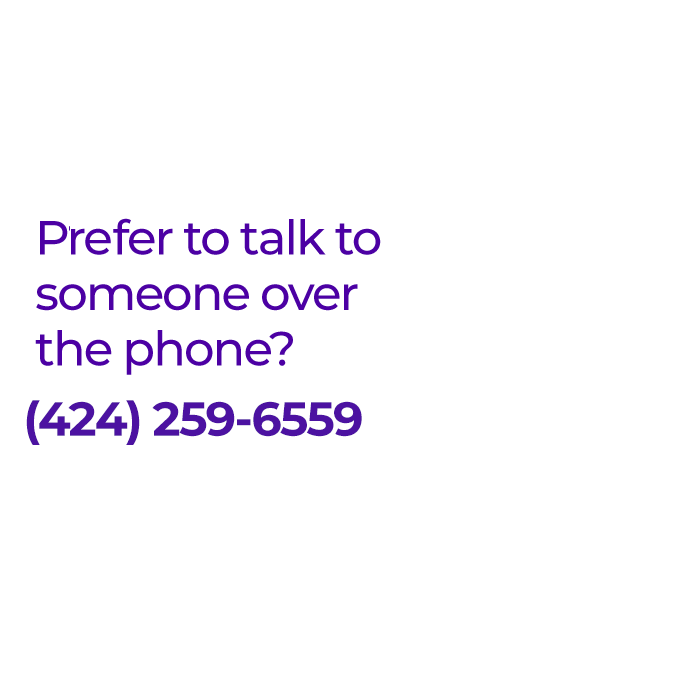The subspecialty of snoring and sleep apnea surgery is relatively young, and people ask me all the time how I was drawn to the field. I was fortunate enough to have my own interest sparked as a medical student at the University of Pennsylvania. As medical students, we were all a little sleep-deprived (and more able to understand the problems associated with sleep issues), and some lectures about sleep disorders caught my attention. From there, I was drawn to snoring and sleep apnea surgery and had the benefit of having incredible mentors during medical school, residency in otolaryngology–head and neck surgery, and a fellowship in sleep surgery.
When I finished my training, there were still very few dedicated sleep surgeons in the country. It has been wonderful to see the growth in the field over the past 10-15 years. I receive many requests from surgeons in this country and from abroad who would like to become an expert in snoring and sleep apnea surgery who are asking for advice. My first instinct is to ask how much they would like to focus on sleep surgery, as anyone who really wants to make this a major part of their practice would benefit from an intensive experience like a dedicated fellowship.
Fellowships in Sleep Medicine or Sleep Surgery
The most recent issue of ENTtoday, a publication of the Triological Society, highlighted two pathways for surgeons to pursue advanced fellowship training in sleep surgery: either in sleep medicine or sleep surgery. Sleep medicine fellowships have the advantage of providing the well-rounded experience in all aspects of sleep medicine, and I think this deeper understanding of the spectrum of sleep disorders is invaluable when making decisions with patients. A sleep medicine fellowship will enable fellows to take the Board examination in Sleep Medicine, and this reflects the breadth of the training. Sleep medicine fellowships include some flexibility in the schedule, and it is possible for a surgeon completing a sleep medicine fellowship to pursue a surgical emphasis. In fact, there are two otolaryngologists in the country who will be pursuing sleep medicine fellowships starting July 2015, and I am honored that they will both be coming to the Keck School of Medicine of USC as our sleep medicine fellows.
Another option for surgeons interested in sleep surgery is a dedicated sleep surgery fellowship that offers less-intensive training in sleep medicine and more focus on surgery. These programs are less formalized, as there is no Board certification examination. There are some programs that have standing positions, and we are open to having sleep surgery fellows in the future (there are no openings from July 2015 – June 2016 because of our surgeons who are pursuing an enhanced surgical experience during their sleep medicine fellowship).
Courses and Conferences
Fellowships are not always an option for surgeons interested in sleep. For surgeons in the midst of their career or those unable to spend a year in additional training (often involving a relocation), I recommend that they immerse themselves as much as possible in some excellent courses and conferences. We just concluded our annual Advances in Diagnosis and Treatment of Snoring and Sleep Apnea course that we hold every year over Presidents’ Day weekend, and in 2016 it will be held in San Francisco. This course is unique, especially for surgeons, as it offers many lectures in sleep medicine, an area that is not usually a focus in surgical courses and training. There are a number of other courses that occur annually in this country and abroad, and some of them allow cadaver dissection that can be helpful in learning surgical techniques.
International Surgical Sleep Society–the Premiere Organization in Our Field
Conferences, such as those held by the American Academy of Otolaryngology–Head and Neck Surgery, usually offer a fair amount of sleep surgery content. However, standing out from all of these are the meetings of the International Surgical Sleep Society, the preeminent organization in the world dedicated to sleep surgery. The ISSS has fantastic conferences that bring together many of the world’s most experienced sleep surgeons who share and discuss cutting-edge techniques and innovative research. The most recent conference was held in Detroit in October 2014, and it was outstanding. The coming together of so many people who are passionate about sleep surgery led to the development of two major research endeavors, and I am leading one that will focus on drug-induced sleep endoscopy. I am excited about what these international research collaborations may achieve. We are currently planning to hold scientific meetings in Sao Paulo in Spring 2016 and in Los Angeles in Spring 2017.
I am fortunate to have just become the President of the International Surgical Sleep Society. Join us as we build the community of sleep surgeons committed to advancing the field. Anyone who is interested in learning more should contact me at [email protected].





Dr Sanket D.Vakharia says:
How to apply for fellowship in sleep and snoring surgery
Dr. Kezirian says:
You can apply by sending me an e-mail. I am only able to accept applications from individuals who have completed otolaryngology training programs in the United States or Canada.
Sajedh alturaik says:
Did you accept a fellow from other countries like saudi arabia graduate as otolaryngology saudi specilast scince nov 2018
Dr. Kezirian says:
Because of visa restrictions, I can only accept fellows from the US and Canada (although having a fellow from Canada is complicated from a visa perspective).
Dr Roma Gandhi says:
I am an otorhinolaryngology from India. Which fellowship do you suggest for people outside usa and canada for sleep surgery???
Dr. Kezirian says:
I would recommend attending the International Surgical Sleep Society meetings as a first step. This is an outstanding organization, and the meetings are fantastic.